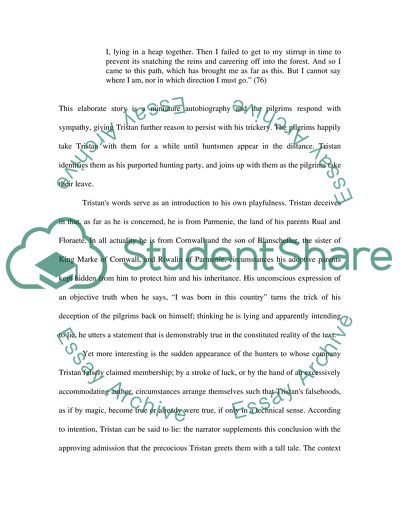Cite this document
(“PASSION AND SOCIETY IN MEDIEVAL LITERATURE- TRISAN, Essay”, n.d.)
PASSION AND SOCIETY IN MEDIEVAL LITERATURE- TRISAN, Essay. Retrieved from https://studentshare.org/miscellaneous/1544380-passion-and-society-in-medieval-literature-trisan
PASSION AND SOCIETY IN MEDIEVAL LITERATURE- TRISAN, Essay. Retrieved from https://studentshare.org/miscellaneous/1544380-passion-and-society-in-medieval-literature-trisan
(PASSION AND SOCIETY IN MEDIEVAL LITERATURE- TRISAN, Essay)
PASSION AND SOCIETY IN MEDIEVAL LITERATURE- TRISAN, Essay. https://studentshare.org/miscellaneous/1544380-passion-and-society-in-medieval-literature-trisan.
PASSION AND SOCIETY IN MEDIEVAL LITERATURE- TRISAN, Essay. https://studentshare.org/miscellaneous/1544380-passion-and-society-in-medieval-literature-trisan.
“PASSION AND SOCIETY IN MEDIEVAL LITERATURE- TRISAN, Essay”, n.d. https://studentshare.org/miscellaneous/1544380-passion-and-society-in-medieval-literature-trisan.


